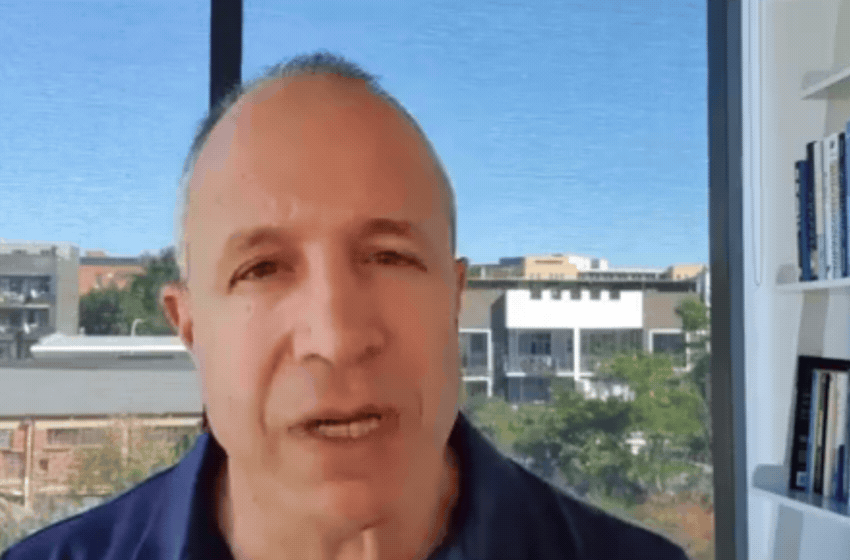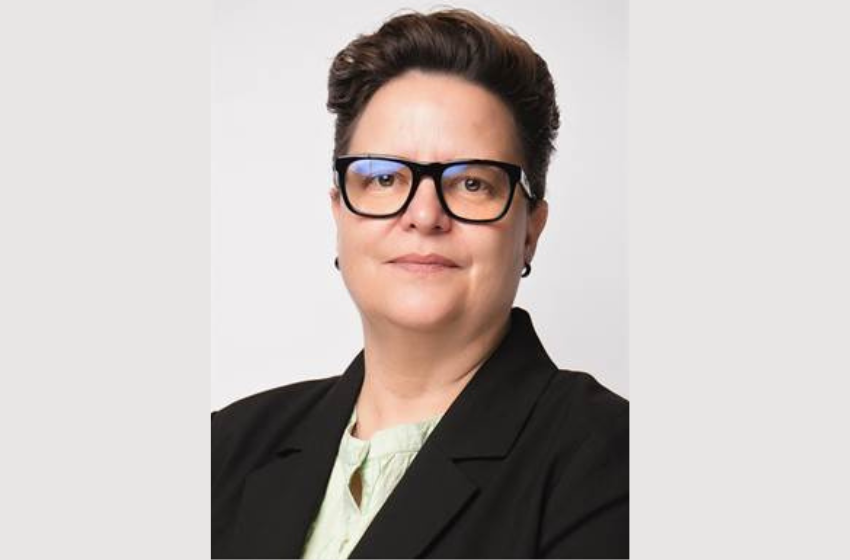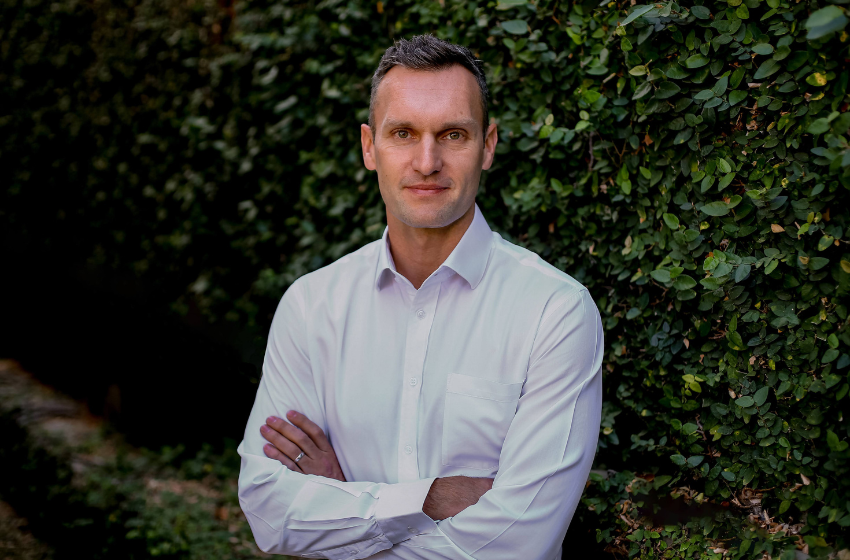
Making your first investment can be exciting, but also intimidating. With so much information (and misinformation) out there, it is easy to make mistakes that could cost you down the line.
The good news is that, with the right knowledge and support, you can avoid the most common stumbling blocks and make smarter, more confident decisions with your money. Raazia Ganie, Executive Head of Investments at financial advisory firm NMG Benefits, breaks down some of the most common pitfalls:
Waiting too long to start
Time in the market matters more than timing the market. Thanks to the power of compounding even small investments can grow significantly, if you start as soon as you can. As the saying goes, the best time to invest was yesterday, if you missed it then today is the day!
Not understanding returns
New investors often overestimate how much money they will make, especially in the short-term. It is essential to understand the timeline and risk involved. In addition, you should always look at your net returns after fees and inflation. A 7% gross return may look good, but if inflation is 5% and fees are 2%, your real return is 0%. This means the real value of your asset hasn’t grown at all. Knowing what your investments are actually earning (and costing) helps you make better decisions.
Not matching goals with risk
Without defined goals, it is difficult to choose the right investment products or measure success. Whether you are saving for retirement, or a holiday in six months’ time, knowing your ‘why’ helps shape your risk strategy. Higher returns usually come with higher risk, but that does not mean that high risk is always good – or bad. Your risk tolerance depends on your goals, time frame, and personal comfort with volatility. You should always aim to match your risk tolerance and your ability to take risk.
Trying to time the market
It is tempting to buy when markets are rising and sell when they fall, but this emotional cycle often leads to poor outcomes. Consistent, long-term investing is a far more effective strategy than attempting to predict short-term market movements – but it requires discipline and a focus on the bigger picture.
Not diversifying
Diversifying means putting your money into different types of investments—like stocks, bonds, property, and cash—both locally and internationally, to reduce risk when markets are unstable.

Not reviewing your investments regularly
As your life and the markets change, so should and does your investment portfolio. Regular reviews help to ensure you are still on track to meet your goals, and allow you to adjust your strategy if necessary.
Ganie says that it is essential to work with a qualified, trusted adviser. “This means you will get recommendations that are backed by both professional training and regulatory oversight. It also means you are more likely to get advice that is tailored to your personal goals and needs.”
Before you commit to working with an adviser, ask them these questions:
- What are your qualifications and experience?
- Are you a licensed FSP (financial services provider) and registered with the FSCA (Financial Services Conduct Authority)?
- What fees do you charge? How are they structured, and are they negotiable?
- Will you review my investments regularly?
In addition, an adviser should also be able to offer the full spectrum, from retirement planning and risk protection (like life cover and income protection), to investments, tax-efficient strategies, wills, and estate planning.
“At NMG, we believe financial advice should be accessible, transparent, and deeply personal. This is why every investor we work with gets access to a qualified financial adviser who takes the time to understand individual goals and circumstances,” says Ganie.
Share via:



















